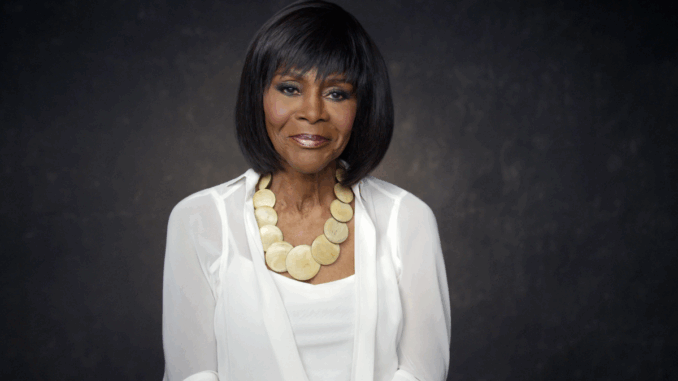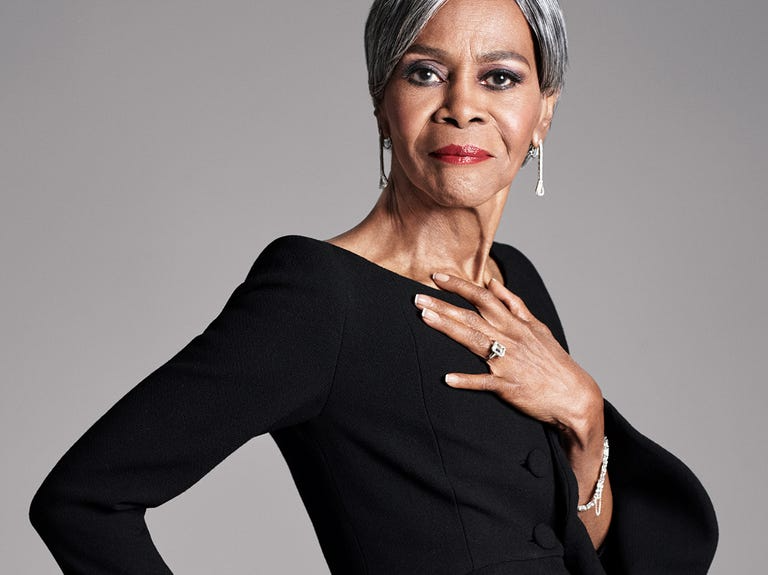
The Unsung Matriarch of Whistle Stop
In Fried Green Tomatoes, amid the flashier characters like Idgie Threadgoode and Ruth Jamison, one figure often remains in the background—yet her presence is vital, her role unforgettable. Sipsey, the African American cook who works at the Whistle Stop Café, is a character of quiet depth and resilience. Portrayed with warmth and dignity by Cicely Tyson, Sipsey represents a generation of Black women whose lives were shaped by hardship, survival, and uncelebrated strength.
Although the film does not spend as much time on Sipsey’s backstory as it does on others, her every scene pulses with significance. She is not merely a cook—she is a protector, a moral anchor, and a symbol of cultural memory. Her influence, often subtle, helps shape the very soul of the Whistle Stop Café. To understand Sipsey is to understand the undercurrent of sacrifice and strength that runs throughout the film.
A Life in the Shadows of Segregation
Sipsey’s character must be understood within the harsh historical context of the American South in the early 20th century. She lives and works in a deeply segregated society where African Americans were rarely granted agency or recognition. In this world, Black women like Sipsey had few choices: they were expected to serve white families, raise white children, and accept silence as their burden.
But Sipsey defies those limitations—not through loud protest, but through subtle acts of resistance. Her work in the kitchen is more than service; it’s cultural preservation. Through her food, she brings heritage, healing, and history to the table. In many ways, the Whistle Stop Café owes its soul to Sipsey. The recipes, the hospitality, the nurturing atmosphere—all bear the imprint of her hands and heart.
While the movie focuses more on Idgie and Ruth’s defiance of gender norms, Sipsey quietly challenges racial hierarchies. She is an employee, yes, but also a respected presence, especially in the eyes of Idgie, who treats her more like family than staff. The mutual trust between them stands as a quiet, radical rebuttal to the racial norms of their era.
The Ultimate Protector
One of the most pivotal—and shocking—moments in the film comes when Sipsey takes a drastic action to protect Ruth’s son, Buddy Jr. When Frank Bennett, Ruth’s abusive ex-husband, comes to kidnap his son, it is Sipsey who kills him. This act is not just a turning point in the plot; it is a powerful declaration of agency and maternal protection.
In this moment, Sipsey moves from background to center stage. She does what others could not or would not do. She defends the boy not out of anger or vengeance, but out of pure, fierce love. This act challenges the common cinematic tropes of Black characters in supporting roles being passive or secondary. Sipsey becomes the moral force behind the story’s resolution.
She does not seek praise or attention for what she did. Instead, she works with the others—Idgie and Big George—to protect the family. The body is disposed of, and the town goes on, unaware that the quiet cook in the back had committed the most courageous act of them all. Her silence is not shame—it is strength.
Cultural Significance of Sipsey’s Role

Sipsey’s story resonates far beyond the film’s timeline. She represents generations of Black women who shaped American life from behind the scenes. They cooked the meals, raised the children, nursed the sick, and bore the brunt of society’s injustices without complaint. Their contributions were rarely written down—but they were always felt.
The kitchen, where Sipsey spends most of her time, is not just a workplace; it is a sacred space of Black Southern culture. Food is more than sustenance—it is memory, survival, and celebration. From collard greens to fried green tomatoes, the dishes she prepares are vessels of culture passed down through generations. The café is known for its warmth, but it is Sipsey’s culinary wisdom that gives it soul.
Moreover, her connection with Big George—her son and the café’s barbecue chef—reinforces the theme of generational resilience. Together, they represent a legacy of strength rooted in family and tradition. Big George, raised by a woman of integrity and grit, follows in her footsteps by showing quiet dignity and loyalty.
The Human Cost of Justice
While Sipsey’s killing of Frank Bennett is justified within the moral framework of the story, it also carries emotional and psychological weight. The act is not triumphant—it is tragic. Sipsey doesn’t rejoice in the death; she simply does what must be done to protect a child. This nuance adds layers to her character, reminding viewers that real justice often comes at a cost.
Her decision underscores a central theme of Fried Green Tomatoes: that sometimes, right and wrong are blurred, and the law doesn’t always serve justice. Sipsey’s actions echo the experiences of many marginalized individuals who were forced to take extraordinary measures in a world stacked against them. She does not rely on the system—she bypasses it, knowing that the system would never protect her or her community.
Yet in doing so, she also assumes great risk. Had her role in Frank’s death been discovered, Sipsey would likely have faced prison—or worse. Her race, gender, and social status placed her in perpetual danger. And yet, she acted anyway. That bravery, rarely acknowledged in historical narratives, is central to Sipsey’s legacy.
A Legacy of Quiet Heroism
In the film’s final scenes, we see the community mourn Ruth’s death, celebrate friendship, and embrace healing. But Sipsey’s role is not forgotten. She remains at the café, a quiet guardian of memory. If Ruth and Idgie were the café’s heart, Sipsey was its spine.
In a more imaginative extension of the film’s universe, one could see Sipsey’s legacy enduring through the café’s recipes and stories. Perhaps her cooking inspired a cookbook. Maybe Big George passed her techniques down to his children. Or perhaps Evelyn Couch, moved by Ninny’s stories, made sure that women like Sipsey were no longer kept in the shadows.
It is also possible to imagine Sipsey’s influence growing in a more symbolic way. In today’s cultural landscape, where overlooked voices are finally being heard, Sipsey would be seen not just as a cook, but as a matriarchal figure—one whose quiet strength and moral clarity offer a template for resilience.
Conclusion: Sipsey Deserves Her Due
Fried Green Tomatoes is a film full of unforgettable characters, but few are as quietly powerful as Sipsey. She may not dominate the screen time, but her impact lingers long after the credits roll. In a world that often overlooks the contributions of Black women—especially those working behind the scenes—Sipsey stands as a reminder that real power is not always loud.
Through her food, her love, and her courage, Sipsey becomes the kind of hero rarely recognized: the one who saves lives not for glory, but because it is simply the right thing to do. Her story, like so many untold stories in American history, deserves to be honored, remembered, and celebrated.
